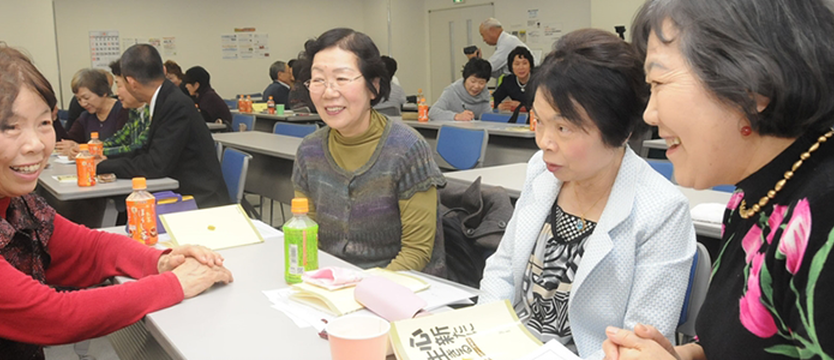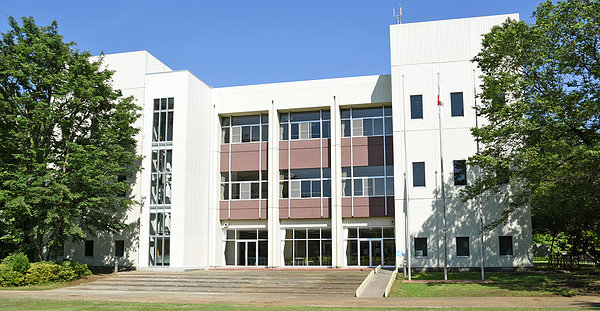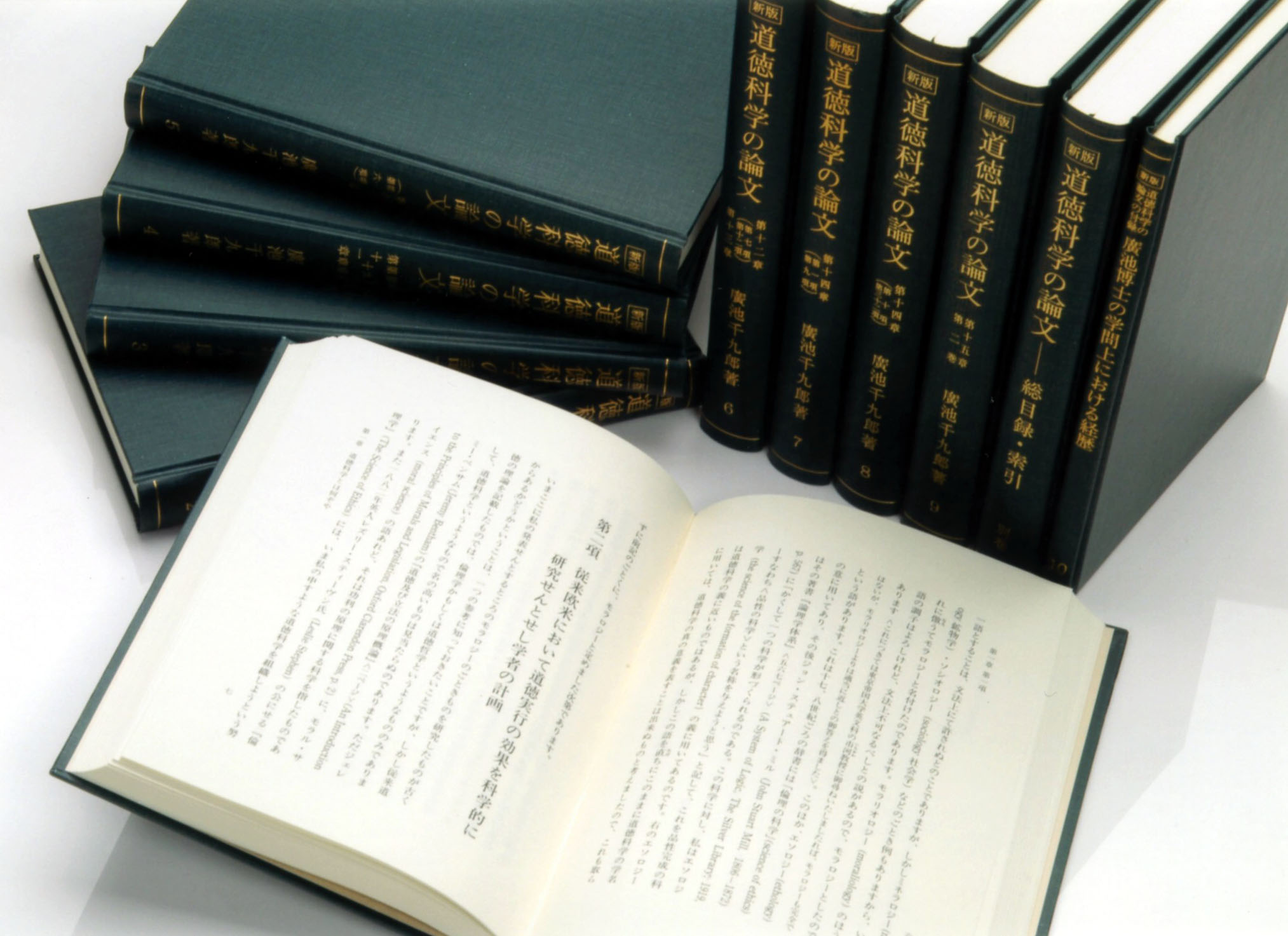Individual
Seminar on Moralogy
We all wish to live a life with purpose and filled with joy, to have a joyful family and live in a safe and sound society.
Moralogy Institute believes, to build a peaceful vibrant society, practicing high quality of moral act is important. Participants learn how to start a more joyful lives while dealing with various difficulties that occur in everyday lives.
Step 1: Introductory Seminar for Lifelong Learning
Held at 450 venues nationwide! Moral Introductory Seminar
We all wish to live a life with purpose and filled with joy, to have a joyful family and live in a safe and sound society.
Moralogy Institute believes, to build a peaceful vibrant society, practicing high quality of moral act is important. Participants learn how to start a more joyful lives while dealing with various difficulties that occur in everyday lives.

Seminar contents (example)
Theme on various social issues
With the change of social environment, group specific lifelong seminars are being expanded highlighting themes such as “child rearing” and “families,”
At a seminar for women, participants learn such as differences in the way of thought process between men and women and effective way of speaking to children. Through concrete examples, participants discuss the essence for keeping good relationship with their spouse and quality child rearing.

Step 2: Seminar at Lifelong Learning Centers
To live a sound and joyful every day
Participants learn the basics of moralogy and how to practice moralistic act in everyday lives. Participants learn the importance of practicing morality in everyday lives and how they contribute to building more compassionate society. Seminars are held East Japan Lifelong Learning Center (Date-city, Fukushima Prefecture) and Central Japan Lifelong Learning Center (Mizunami-shi, Gifu Prefecture).

Step 3: Theory and thesis
Learning the fundamentals of Moralogy
“Seminar on the overview of moralogy” provide an opportunity for participants to look back the contemporary society through the perspective of moralogy. studying the value of utmost form of moralogy and basic concepts of moralogy systematically. Through proactively learning the importance of practicing utmost form of morality, participants will become able to apply their learning in their everyday and experience the importance of contributing to realizing a more compassionate society. “Thesis seminar” will use the “Monograph of Moral Science” as textbook, written by Chikuro Hiroike. The book summarizes practices and compassionate act of people that enable peaceful, sound and joyful lives, thereby providing participants to think about how they should lead their living. There are total of 7 courses that are joined by many people ranging from business executives, educators to housewives. There are participants who join as a family with grandparents, parents and the children. “Seminar on the overview of moralogy” and “Seminar on thesis” are held at Lifelong Learning Center (Kashiwa-city, Chiba Prefecture).
Kashiwa venue





Seminar on the overview of moralogy
Contents
Compassionate act that change your life. How can we live our everyday at peace? What is the utmost form of morality? Meaning of filial duties.
Seminar on Thesis
Contents
Reading the “Monograph of Moral Science” written by Chikuro Hiroike. Meaning of releasing one’s selfishness. Duties to achieve happiness. Causal relationship of moralistic act.
Textbook
“Monograph of Moral Science”
About “Monograph of Moral Science“
Completed in December 1928. It is a great work by Chikuro Hiroike comprised by Part 1 “Scientific analysis on the practices of conventional morality and utmost form of morality” and Part 2 “Principles of utmost form of morality,” accounting for more than 3,400 pages. Upon publication of the book, Chikuro intended to “request internationally prominent scholars with extraordinary intellect and character to introduce the book to the world of academia and international society”; extending his request to Dr. Inazo Nitobe, Deputy Director General of League of Nations, Kurakichi Shiratory, Scholor of Eastern History and friend of Chikuro more than 30 yerars, and Yoshiro Sakatani who was a baron served for Minister of Finance and Mayor of Tokyo, to write foreword of the book. The first issue was printed for 300 copies as complements and presented to the both His and Her Royal Highness and respective imperial family. The book was also presented to high officials of the government and academia, including Nobuaki Makino, then Minister of Interior, who showed understanding and support for the research of Chikuro.
